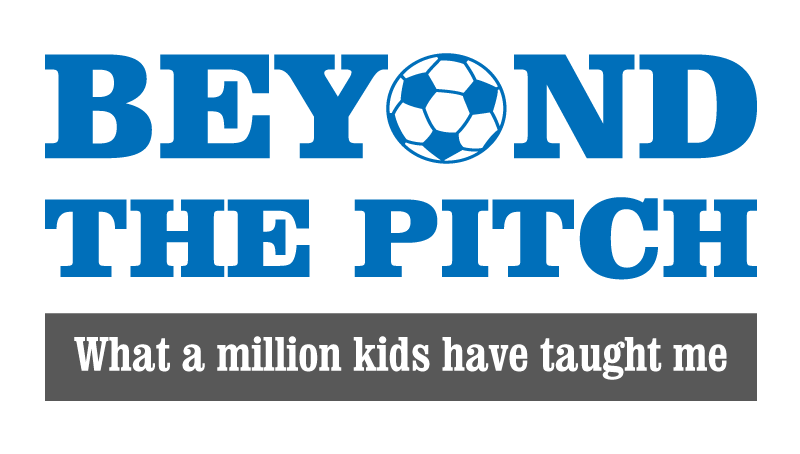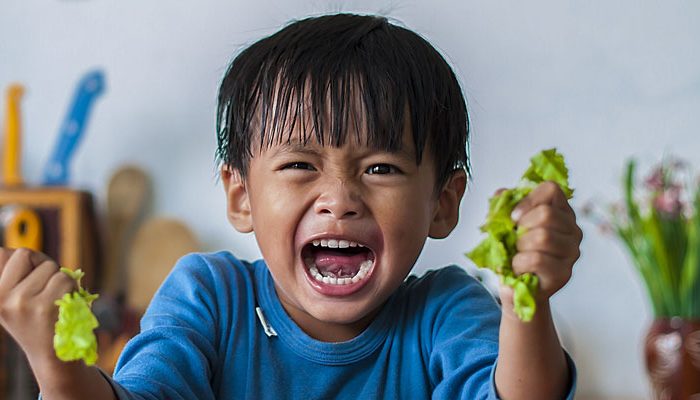
© FatCamera / iStockphoto
Pet Shops And Confidence
December 29, 2020
To say one of my daughters loved The Littlest Pet Shop toys is a gross understatement.
Those were her staple for the better part of her childhood. Hours were spent creating her worlds and pretend scenarios. She was an expert. An aficionado. So much so she had the underwear to match.
Then came middle school. And she still loved them. And she still wanted to wear the underwear. And I panicked. Middle school can be a brutal environment. She had already had a few rough spots socially so I was hoping this next phase would be a fresh start. I just wanted her to find her people. The combination of Pet Shop underwear and PE did not seem to be a great recipe for that. So with the best intentions in mind, I steered her toward wearing something different.
Thing is I was wrong. And years later she let me know.
The unfortunate consequence of being well-intentioned is that the actions associated are not always well-executed. That was certainly the case with me. I thought I was doing the right thing. But, she probably didn’t need my intervention.
If I could turn back the clock, I’d tell her to wear the underwear. And to wear them proudly instead of letting her worry about what her peers would think of her if she did. Or I would not say anything and let her come to her own conclusion or let the natural consequences ensue and help her through it. We had spent the previous 11 years building her confidence.
I should have trusted that we did a good job instead of undermining our efforts.
Perhaps if I hadn’t said something things would have been a disaster and she would have forever been labeled for her Pet Shop panties. But in the big scheme of things would that have been so bad? Yes and no. Yes, because we don’t want our kids to be teased or suffer at the hands of their peers. No, because we want and need for them to grow from adverse experiences and learn to solve their own problems. As innocuous as this situation sounds it illustrates the dilemmas parents face. When do we intervene?
“It’s those million other things that come up that we find ourselves not knowing what to do or unnecessarily jumping to the rescue.”
I wish there was a hard and fast rule, an algorithm for determining this. Sure, there are absolutes for when we must get involved for safety (physical or emotional) reasons. It’s those million other things that come up that we find ourselves not knowing what to do or unnecessarily jumping to the rescue.
Maybe we just need to listen more, think more and engage more in conversations before we offer advice or intervene to “fix” the situation. When I simply let my kids take the lead and just facilitated the conversation based on what they said rather than imparting what I thought they should do I was often amazed by the level of sophistication and clear thinking that emerged. And sometimes I discovered we were making a bigger deal of something than it really was.
Of course, it’s not always like that. Sometimes their issues are serious and they need our intervention. My hope for your family is that those situations will be few and far between.
Most often, kids simply need our guidance. I bet you’ll discover they find more suitable ways of dealing with their dilemmas than we can. Parents usually provide adult solutions for kid problems. While, yes, we were once children and we have the wisdom (and hindsight) that comes from going through childhood and adolescence, we can’t fully understand the nuances of their particular situations. We don’t, and can’t possibly, experience it the same. Our child’s perspective, emotional framework and the time they grow up in society all have an impact on how they understand, process and feel things. What worked for us may work for them, but chances are our solutions are based on adult thinking, not kid world.
Will they fail? Yes—sometimes. But that’s ok. Learning to deal with adversity, developing the confidence to keep trying and developing the skills to move on from failure are some of the greatest gifts we can give to our kids. It teaches it’s ok to be imperfect, we can handle tough stuff and helps them to develop a growth mindset. It also builds courage and strength. All things that add up to resiliency, emotional intelligence and a great tool kit for successfully managing life.
The Big Life Journal has a great article about teaching kids why failure is a great thing.
Blending the ideas of embracing and celebrating our imperfections with the skills to problem solve and make decisions is a solid recipe for living confident, fuller and more authentic lives. If we are able to empower our kids with these tools when they’re young, imagine the effects it will have on their future. With those skills, anything is possible.
I can’t turn back the clock, but I can empower my kids to make their own decisions, pick themselves up when things don’t work out and continue to learn from my own mistakes.
Be kind to yourselves and others.
Until next time,

Recent Posts
Revive From Burnout
It’s been a while since I’ve written. Finding the time and my voice has been a bit challenging. And honestly I’ve been pretty burned out. Here are three things I’ve done to get back on track and revved up for a new year. Read more.
Tips for Back-to-School 2021
Are you wondering how to manage the back-to-school process this year? Emotions about returning to school may be running a little high. Read on to discover some tips for coping. A little pre-planning will go a long way. Read more.
Behavior on the Slide? Learn the Signs of Stress in Your Child
A child’s behavior can reveal a lot about how they’re feeling. Check out how you can help your child learn to understand and manage their emotions in healthy ways. Read more.





